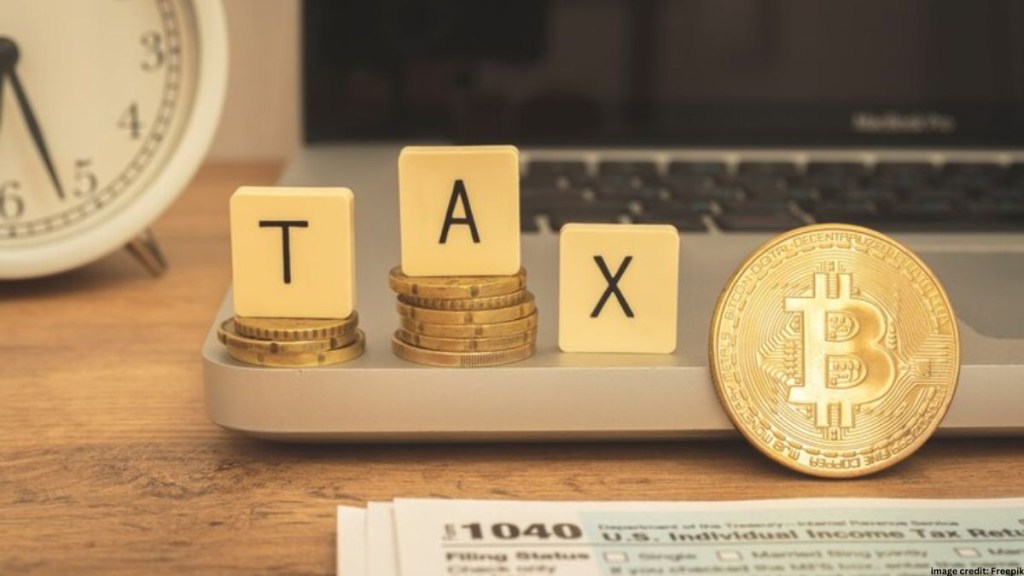By Muthuswamy Iyer and Karthikeyan NG
The world of Virtual Digital Assets (Crypto) has brought about exciting opportunities for investors and enthusiasts alike. However, with this financial revolution comes the responsibility of adhering to tax regulations. Incorrect or late filing of crypto taxes can have significant consequences, ranging from penalties to interest charges. In this advisory essay, we will explore the potential pitfalls of incorrect or late filing and provide essential tips to ensure a smooth tax-filing process.
Crypto transactions can be diverse and complex, making it challenging to calculate gains and losses accurately. To tackle this issue, it is essential to educate yourself on various types of crypto income and their tax implications. Reputable crypto platforms often offer online tutorials and guides that can help you understand the nuances of crypto taxation. Knowledge gained from such sources can significantly contribute to ensuring the accuracy of your tax filings.
The first step to navigating the world of crypto taxation is to maintain meticulous records of all your transactions. These records should include information about gains, losses, dates of transactions, and any other relevant details. Many crypto exchanges provide transaction histories, which can be invaluable in calculating your tax liabilities accurately.
Consequences of Incorrect or Late Filing
Filing your crypto taxes inaccurately or missing the deadline can lead to undesirable outcomes. To begin with, failure to file your taxes on time can result in penalties. Under Section 234F of the Income Tax Act, if you miss the deadline, you could be charged a late fee of ₹5,000.
Additionally, late filing can also incur interest charges under Section 234A. The interest rate is set at 1% per month or part of a month for the unpaid tax amount. This can quickly add up, further burdening individuals who delay their tax filings. To prevent these penalties and interest charges, it is crucial to be diligent and timely in reporting your crypto transactions.
TDS Calculations play a pivotal role in crypto taxation
It is essential to note that a 1% TDS is applicable to transactions carried out on or after July 1, 2022. While using an Indian exchange, the TDS is typically automatically deducted and deposited on your behalf. However, when dealing with transactions on foreign exchanges, the responsibility of filing TDS may rest upon you. Thoroughly verify all essential details to prevent any errors in complying with TDS regulations.
In peer-to-peer (P2P) crypto transactions, the buyer is generally responsible for deducting TDS. In the case of crypto-to-crypto trades, both the buyer and seller are obliged to deduct TDS and remit it to the government. Stay informed and vigilant about these obligations to navigate the complexities of crypto taxation with confidence and adherence to the law.
Disclosing Losses on Virtual Digital Assets
When filing your Income Tax Return (ITR), it is essential to disclose losses on virtual digital assets accurately. This disclosure ensures consistency between the information in your ITR and Form 26AS, which reflects the tax credit statement. Failing to disclose losses accurately can raise red flags with tax authorities and may lead to further scrutiny of your tax returns, and subsequent penalties.
Key Dates and Final Tips
The deadline for individuals to file taxes on virtual digital assets is 31st July 2023. It is imperative to mark this date on your calendar and ensure that you meet this deadline. By doing so, you can avoid penalties and interest charges on your income and maintain compliance with tax regulations.
Given that crypto taxation is relatively new and can be complex, the potential for mistakes is higher. To navigate this evolving landscape with confidence, it is highly recommended to seek expert advice from professionals well-versed in crypto taxation. They can provide tailored guidance based on your specific situation, helping you make informed decisions and minimize potential errors.
In conclusion, ensuring accurate and timely filing of crypto taxes is essential to avoid penalties and interest charges. By staying informed about the latest regulations, keeping meticulous records of your crypto transactions, and seeking expert advice when needed, you can navigate the world of crypto taxation with confidence and compliance. Remember, proactive measures and careful planning will not only protect you from potential liabilities but also contribute to a hassle-free tax-filing experience.
The authors are head of compliance, WazirX, and chief technology officer, TaxNodes, respectively

